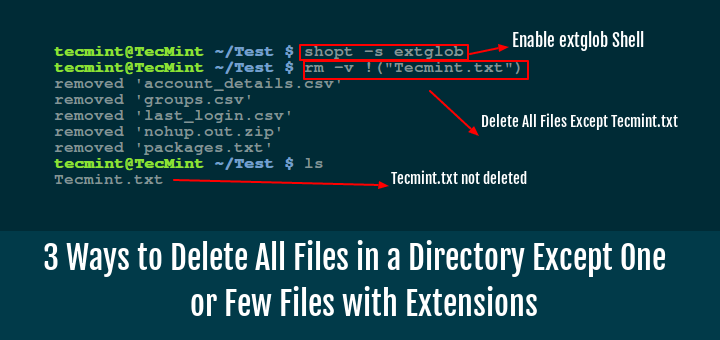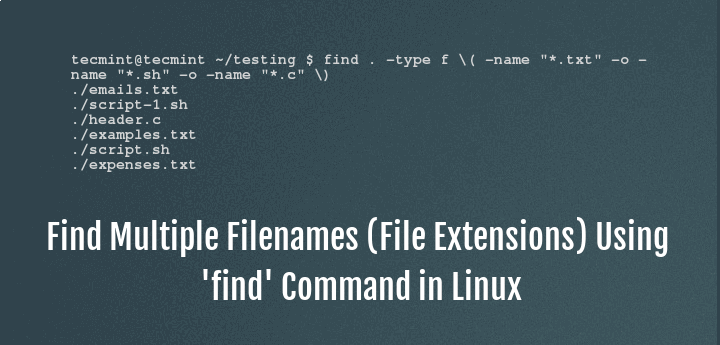

( The shell expands ~ to your home directory's fully qualified path.) Broadening or Narrowing Your Search, Based on Name

#Mac os list file names recursively directory full#
To search your home directory, use ~, or the full name of your home directory. To search in the folder you're currently in (e.g., that you've cded to), use. I have quoted the search pattern *bat* because, if the quotes were omitted and files match *bat* in the current directory, the shell will expand *bat* into a list of them and pass that to find. (e.g.To find all files anywhere inside /path/to/folder whose names contain bat, you can use: find /path/to/folder -name '*bat*' columns: use column, git-column (supports colors), Plan 9 mc.The following features won't be implemented: | mode = "" - check if symbolic mode is satisfied ::= " ( | "")+ " - use "" for a single " inside " | =~~ | !=~~ - case insensitive POSIX Extended Regular Expressions | =~ | !=~ | !~ - POSIX Extended Regular Expressions | ~~~ | !~~~ - case insensitive glob (fnmatch) | = | != - case insensitive string (in)equality ::= fstype | group | name | path | target | user | xattr | links | mode | rdev | size | total | uid | color - always true value, override 256-color | prune - do not traverse into subdirectories Lr filters are given by the following EBNF: v: file name as version numbers (sorts "2" before "10").This sorts all directories before other files. Sn sorts first by size, smallest last, and then by name (in Sort order is string consisting of the following letters.Į.g. %x: Linux-only: a combination of: # for files with security capabilities, + for files with an ACL, for files with other extended attributes.%Y: type of the filesystem the file resides on.%t: total size used by accepted files in directories (only with -D).%y: ls-style symbolic file type ( bcdfls).
 %M: ls-style symbolic file permissions. %Ax, %Cx, %Tx: result of strftime for %x on atime/ctime/mtime. %A-, %C-, %T-: relative age for atime/ctime/mtime. %F: file indicator type symbol ( %f: file basename (everything after last /). %P: full path without command line argument prefix. %I: one space character for every depth level. %R: device ID for special files ( stat.st_rdev). %S: file size, with human readable unit. -t TEST: only show files matching all TESTs, see below. -e REGEX: only show files where basename matches REGEX. -o ORD: sort according to the string ORD, see below. -W: sort results by name and print during traversal. -U: don't sort results, print during traversal. -s: strip directory prefix passed on command line. -h: print human readable size for -l (also %s). -Q: shell quote file names (default for output to TTY). -P: quote file names using $'.' syntax. -A: don't list files starting with a dot. -1: don't go below one level of directories. -H: only follow symlinks on command line. -S: BSD stat(1)-inspired output (implies -Q). -F: output filenames and an indicator of their file type ( -l: long output a la ls -l (implies -Q). Likewise, read input filenames separated by NUL bytes. -0: output filenames separated by NUL bytes. The special path argument - makes lr read file names from standard Find broken symlinks: lr -L -t 'type = l'. Find files with non-umask permissions: lr -t '!(mode = "=rw,+X")' -l. Find files with setuid or setgid: lr -t 'mode | 06000' /usr/bin or lr -t 'mode = "u+s" || mode = "g+s"' /usr/bin. Filter list of files for existence: xe lr -dQU >/dev/null 2>/dev/null & pwd' ' ': lr -0U -t 'name = "HEAD"' | xe -0 -s 'cd $ & git rev-parse -resolve-git-dir. find -name HEAD -execdir sh -c 'git rev-parse -resolve-git-dir. find -L /proc/*/fd -maxdepth 1 -type f -links 0 -printf '%b %p\n':. copy & paste file names from the output since they are relative to pwd. sorts over all files, not per directory.
%M: ls-style symbolic file permissions. %Ax, %Cx, %Tx: result of strftime for %x on atime/ctime/mtime. %A-, %C-, %T-: relative age for atime/ctime/mtime. %F: file indicator type symbol ( %f: file basename (everything after last /). %P: full path without command line argument prefix. %I: one space character for every depth level. %R: device ID for special files ( stat.st_rdev). %S: file size, with human readable unit. -t TEST: only show files matching all TESTs, see below. -e REGEX: only show files where basename matches REGEX. -o ORD: sort according to the string ORD, see below. -W: sort results by name and print during traversal. -U: don't sort results, print during traversal. -s: strip directory prefix passed on command line. -h: print human readable size for -l (also %s). -Q: shell quote file names (default for output to TTY). -P: quote file names using $'.' syntax. -A: don't list files starting with a dot. -1: don't go below one level of directories. -H: only follow symlinks on command line. -S: BSD stat(1)-inspired output (implies -Q). -F: output filenames and an indicator of their file type ( -l: long output a la ls -l (implies -Q). Likewise, read input filenames separated by NUL bytes. -0: output filenames separated by NUL bytes. The special path argument - makes lr read file names from standard Find broken symlinks: lr -L -t 'type = l'. Find files with non-umask permissions: lr -t '!(mode = "=rw,+X")' -l. Find files with setuid or setgid: lr -t 'mode | 06000' /usr/bin or lr -t 'mode = "u+s" || mode = "g+s"' /usr/bin. Filter list of files for existence: xe lr -dQU >/dev/null 2>/dev/null & pwd' ' ': lr -0U -t 'name = "HEAD"' | xe -0 -s 'cd $ & git rev-parse -resolve-git-dir. find -name HEAD -execdir sh -c 'git rev-parse -resolve-git-dir. find -L /proc/*/fd -maxdepth 1 -type f -links 0 -printf '%b %p\n':. copy & paste file names from the output since they are relative to pwd. sorts over all files, not per directory.  getopt is used, can mix filters and arguments in any order. friendly and logical C-style filter syntax. Need to port scan_filesystems for fstype to work. It will likely work on other Unix-like systems with C99, but you'll Lr has been tested on Linux 4.1, FreeBSD 10.2, OpenBSD 5.7, Lr is a new tool for generating file listings, which includes theīest features of ls(1), find(1), stat(1) and du(1).
getopt is used, can mix filters and arguments in any order. friendly and logical C-style filter syntax. Need to port scan_filesystems for fstype to work. It will likely work on other Unix-like systems with C99, but you'll Lr has been tested on Linux 4.1, FreeBSD 10.2, OpenBSD 5.7, Lr is a new tool for generating file listings, which includes theīest features of ls(1), find(1), stat(1) and du(1).








 0 kommentar(er)
0 kommentar(er)
